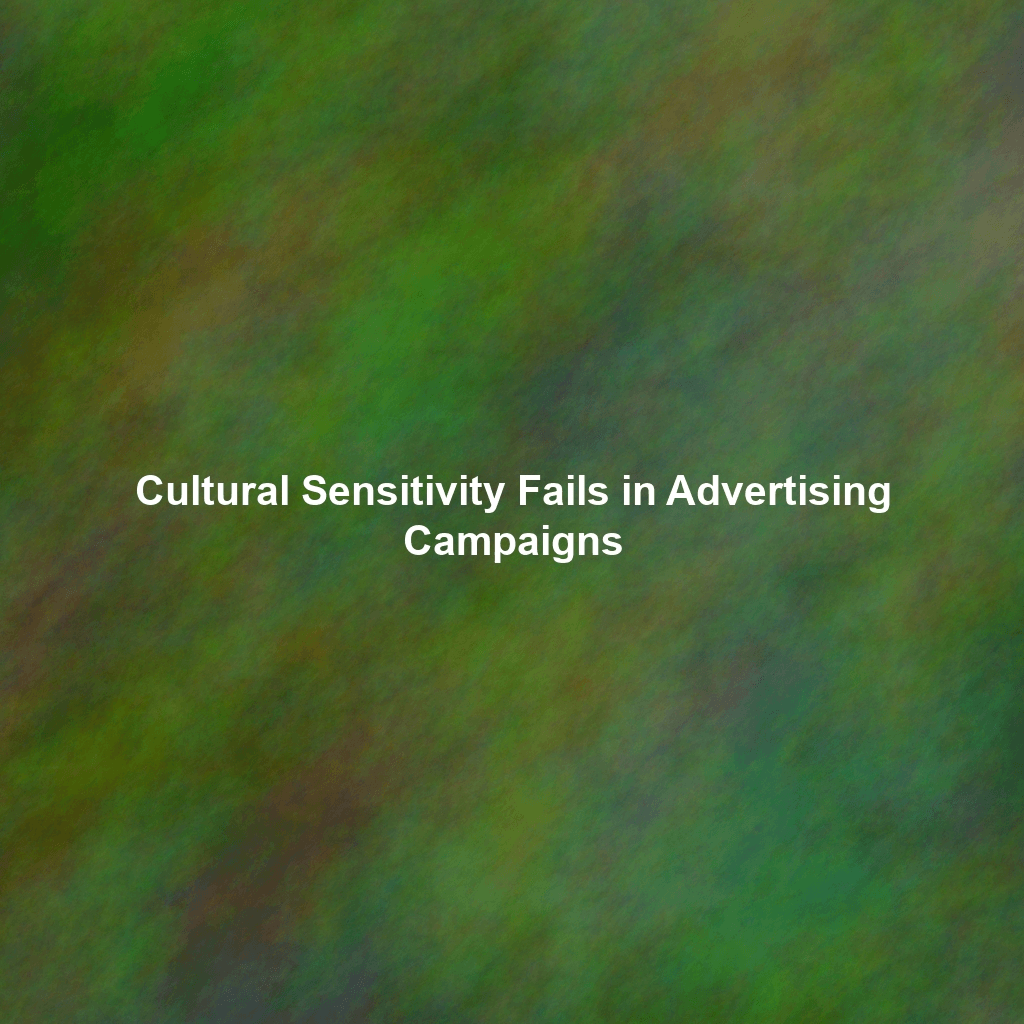The High Cost of a Misplaced Comma
Never underestimate punctuation’s power. A single misplaced comma completely alters a sentence’s meaning. This leads to unintended, potentially damaging results. Consider the classic example: “Let’s eat Grandma!” versus “Let’s eat, Grandma!” That tiny comma saves Grandma. This is humorous, but the principle applies to serious contexts. Imagine a marketing campaign. Its tagline: “Affordable, high-quality solutions.” Now, picture it printed as “Affordable high quality solutions.” The comma’s absence implies affordability only relates to “high quality solutions.” This might alienate customers. They assumed broad affordability. This minor error subtly shifts brand value perception. Legal documents, contracts, and internal memos are sensitive to punctuation. A misplaced period or poorly worded phrase could cause legal disputes. It could lead to misunderstandings and financial losses. Neglecting punctuation is playing a high-stakes game with your brand’s reputation. For more on the impact of punctuation, consult linguistic resources or legal writing guides.
Spelling Snafus: A Credibility Killer
Spelling errors are common. They are often easily ridiculed. In today’s digital world, attention spans are short. First impressions form rapidly. A spelling mistake instantly diminishes credibility. Potential customers might question your attention to detail. They might doubt your professionalism. They might even question your product quality. Think about a marketing email. It’s riddled with spelling errors. Would you trust that company with your money? Probably not. You’d likely assume carelessness, unprofessionalism, or worse, a scam. The same applies to website content, brochures, and social media. Common spelling snafus involve homophones. These are words that sound alike but have different meanings and spellings. Examples: “their,” “there,” and “they’re,” or “to,” “too,” and “two.” These errors are easily overlooked. Spell-check software often fails to recognize intended meaning in context. Human proofreading is essential to catch these nuances. It ensures accuracy.
Grammatical Gaffes: Sounding Unprofessional
Beyond spelling and punctuation, grammatical errors make writing sound awkward. They make it unprofessional. They can even make it unintelligible. Subject-verb agreement, incorrect tense usage, and misplaced modifiers are common pitfalls. They can trip up even experienced writers. Minor errors might be overlooked. But persistent mistakes create a negative impression. They detract from the message. For instance, consider: “The company are offering a new service.” “Are” is plural. “Company” is singular. The correct sentence: “The company is offering a new service.” This seems small. But it can be jarring. It undermines credibility. Another common error is pronoun misuse. Example: “Each employee must submit their timesheet by Friday.” “Each employee” is singular. The correct pronoun is “his or her.” Or, to avoid gender bias, rewrite: “All employees must submit their timesheets by Friday.” Attention to detail is crucial for avoiding these errors. For detailed grammar rules, refer to style guides like the Purdue OWL Grammar Handbook.
Beyond the Basics: Context and Tone
Proofreading isn’t just about catching spelling and grammar errors. It ensures your message is clear, concise, and appropriate. Context and tone are critical. A joke in one context might be offensive in another. A phrase acceptable informally might be inappropriate formally. Proofreading helps fine-tune your message. It ensures it resonates. It avoids unintended offense. Consider a social media post promoting a sale. A casual, conversational tone might be appropriate. However, the same tone would be inappropriate in a formal legal document. It would also be out of place in a press release announcing a major corporate event. Proofreading allows adjusting writing style. It suits the specific context and audience. This ensures the message is well-received and effective.
Practical Tips for Effective Proofreading
How can you ensure error-free writing? How can it convey the right message? Here are practical tips for effective proofreading:
- Read slowly and carefully: Don’t rush. Take your time. Focus on each word and sentence.
- Read aloud: Reading aloud helps identify awkward phrasing. It catches grammatical errors and other issues missed when reading silently.
- Print it out: Reading a printed copy helps spot errors overlooked on a screen.
- Use a fresh perspective: Ask a colleague or friend to proofread. Fresh eyes often catch missed errors.
- Take breaks: Proofreading is mentally taxing. Take breaks to avoid fatigue and maintain focus.
- Use proofreading tools: Grammar and spelling checkers are helpful. But don’t rely exclusively on them. Human proofreading is still essential.
- Focus on one type of error at a time: For example, read specifically for spelling errors. Then, read again for grammatical errors.
- Keep a list of common errors: Identify errors you tend to make. Pay special attention to those areas.
Investing in Professional Proofreading
These tips improve proofreading skills. But sometimes, professional proofreading services are best. Professional proofreaders have expertise. They catch even subtle errors. They also provide valuable feedback on writing style and clarity. Investing in professional proofreading is important for high-stakes documents. This includes marketing campaigns, legal contracts, and website content. The cost of professional proofreading is often small. It’s compared to potential damage from errors. For insights into professional editing services, explore resources from editorial associations or publishing industry guides.
Conclusion: Proofreading is Non-Negotiable
Proofreading is not just a final check. It’s an essential step in the writing process. It guards your brand’s reputation. It protects your credibility. It’s key to clear, effective communication. Prioritizing proofreading prevents embarrassing errors. It maintains a professional image. It ensures your message resonates. Don’t let a simple typo derail hard work. Make proofreading a non-negotiable part of your workflow. Reap the rewards of polished, professional communication. Check out contenthurricane.com to see how AI can help you generate high-quality, expert-level content at scale for your WordPress site. #Proofreading #ContentQuality #WritingTips #BrandReputation #DigitalMarketing #Grammar #Editing #CommunicationSkills #ContentHurricane
 Skip to content
Skip to content

